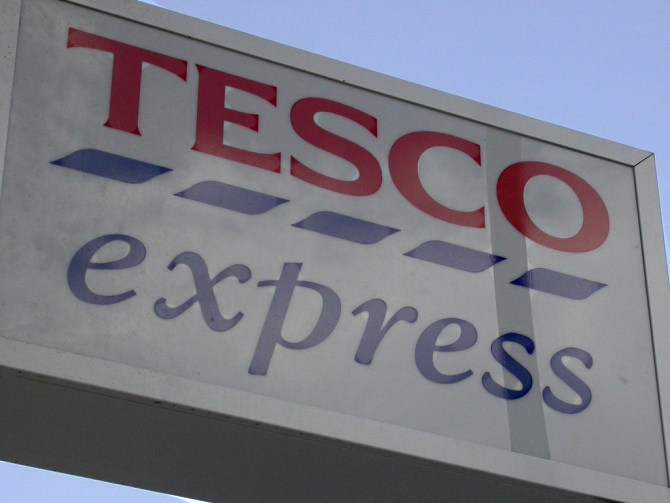Amidst the rise of the discounters in the supermarket sector, the established ‘Big Four’ have seen their profits fall as more and more consumers choose to conserve cash by shopping elsewhere. This has taken an especially strong toll on traditional market leader Tesco, which announced that group trading annual profit has fallen by 6 per cent.

In the year to the end of March, like for like sales- which exclude the impact of new store openings – also fell by 1.4 per cent, leaving the supermarket group with a pre-tax annual profit of £3.3 billion as a result. While this is not quite as bad as the 10 per cent drop to £3 billion predicted by a number of analysts, it will still be a disappointing result for the group which is desperately trying to turn around its fortunes after last year’s report also indicated a fall in profits.
As part of the turnaround plan currently being implemented, 650 Tesco stores in the UK will be refurbished over the next three years, with many having increased facilities installed to help improve multi-channel services such as click and collect. This certainly seems like a wise move, as one of the only bright points in an otherwise gloomy report was an 11 per cent growth in UK online sales.
Chief executive Philip Clarke, speaking of the annual results, reinforced his ongoing commitment to enforcing key points within the turnaround plan.
He said; “We are transforming Tesco through a relentless focus on the most compelling offer for our customers.
“Our results today reflect the challenges we face in a trading environment which is changing more rapidly than ever before.
“We are determined to lead the industry in this period of change.”
Part of this change involves moving on from the period in which Tesco rapidly expanded into new areas by opening large superstores, coining the phrase “Tesco Towns” for this method of growth. Instead, it is now looking to expand its Tesco Express range of convenience stores, in which sales grew by 1.1 per cent during the financial year.
While many of the problems faced by Tesco involve the European leg of its business, largely in Eastern Europe where the Eurozone crisis continues to take its toll on local economies, the group’s core market share in the UK has now dropped to a level which nears the lowest it has been in a decade. This is certainly something of a concern, especially with discounters and rivals such as Sainsbury’s gaining stronger customer bases on a quarterly basis.
Tesco has now exited the United States after the failure of its Fresh & Easy business, meaning it will now have more time to devote to its core UK and European markets. However, with the increase in competition from discounters and the supermarket price war battering the brand from all sides, it is difficult to see what direction Tesco can take to regain its position at the top of the food chain.
Do you think Tesco’s day in the sun is over, or can it bounce back from the past two years of disappointing results?